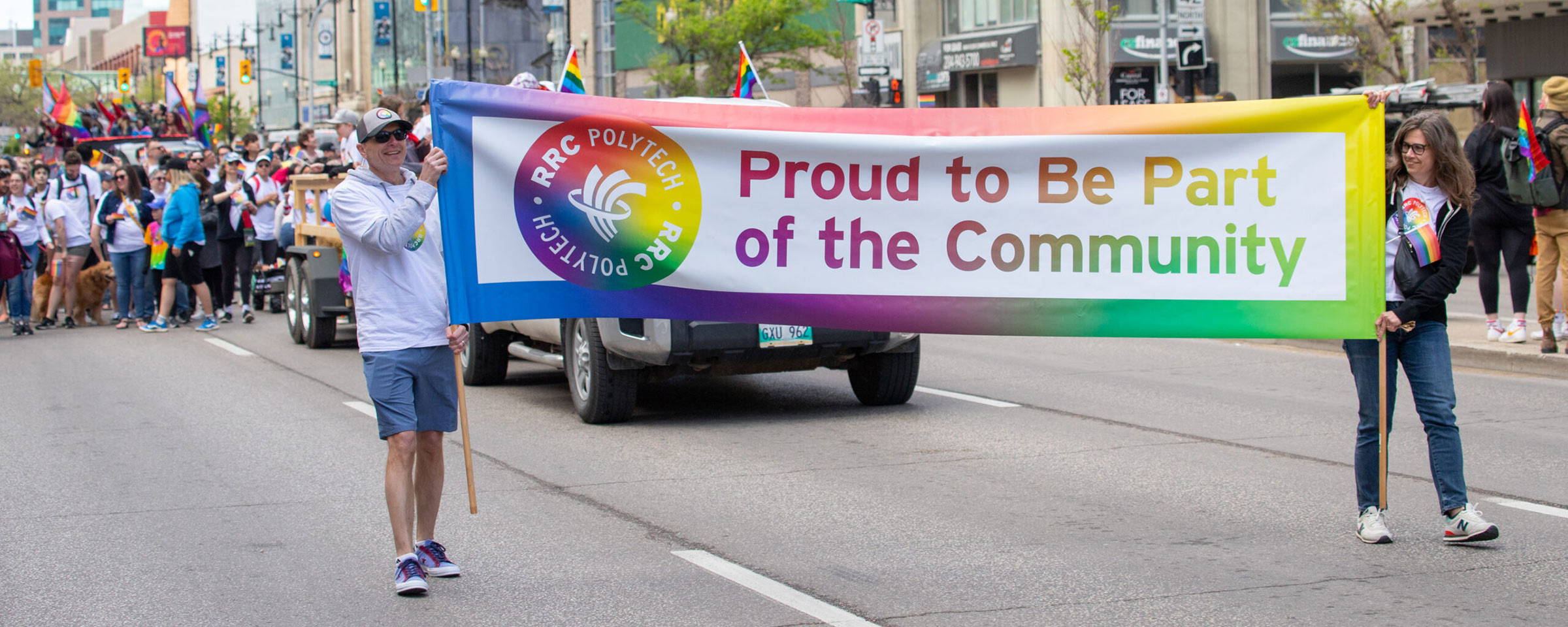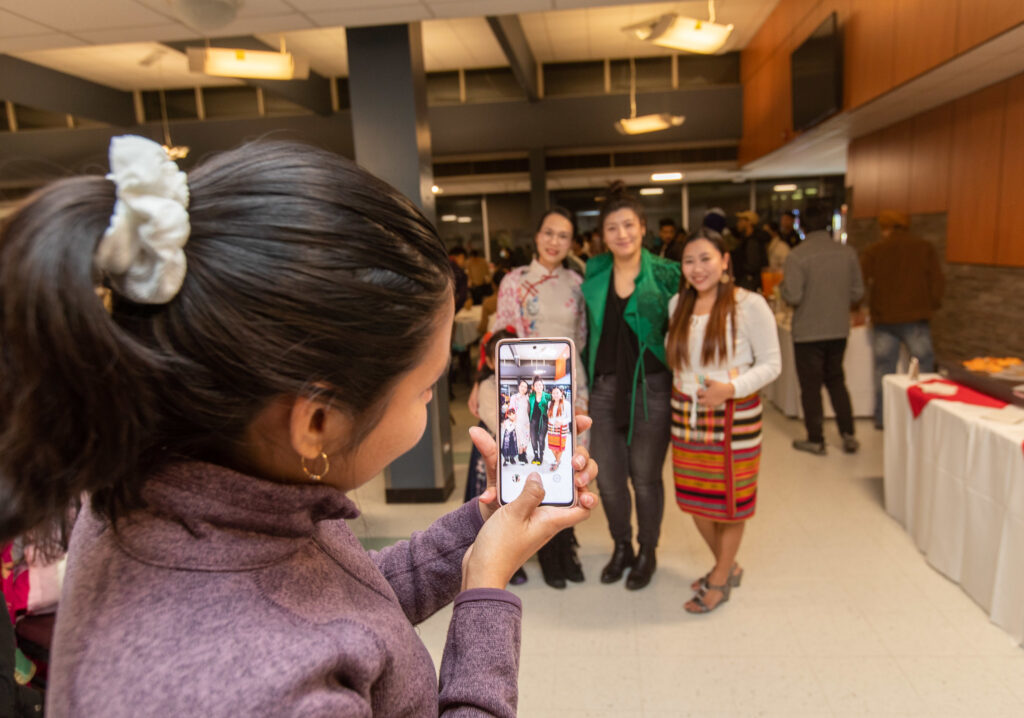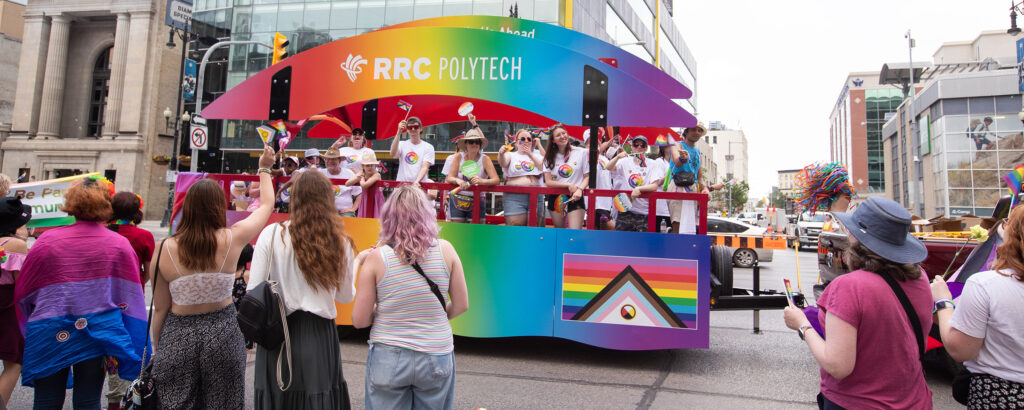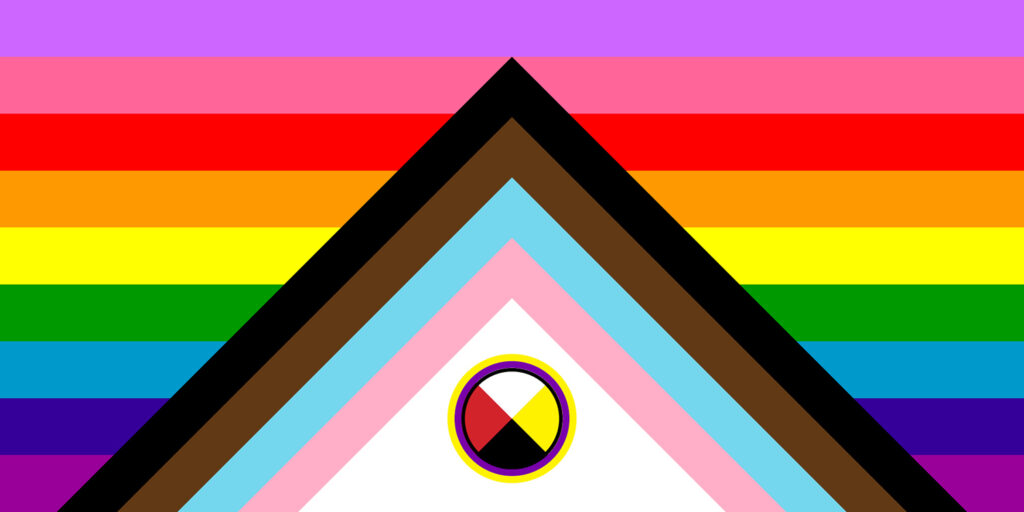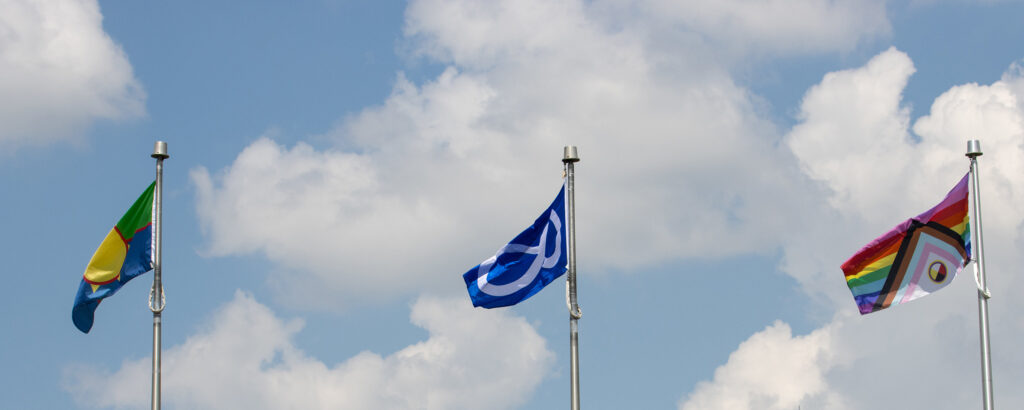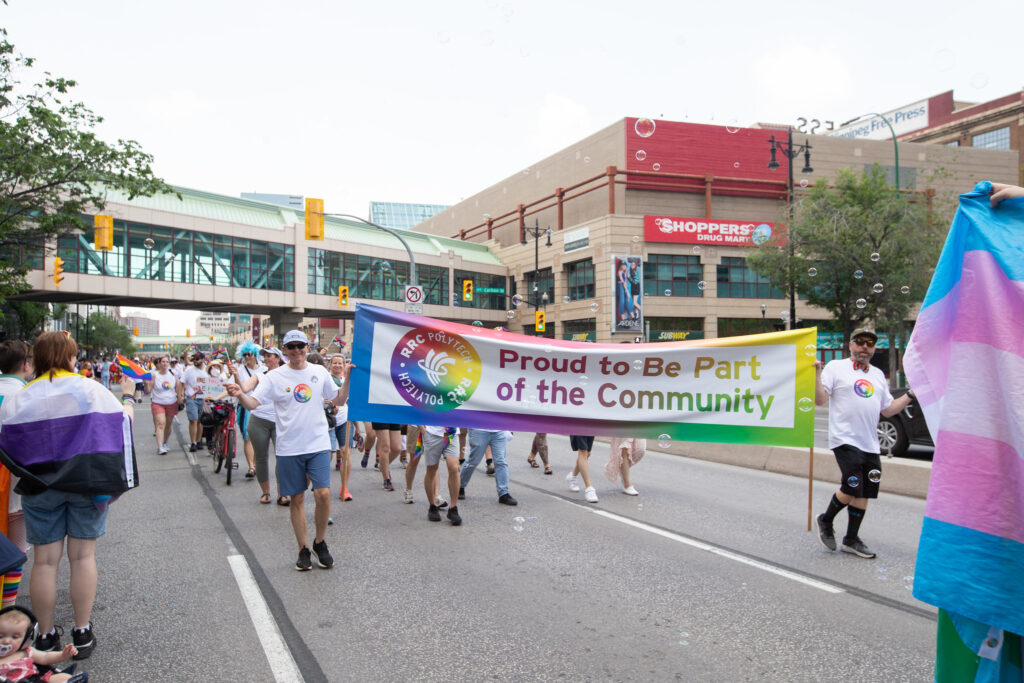July is Disability Pride Month
What began as a day to commemorate the establishment of the Americans with Disabilities Act (ADA) is now a month-long celebration honouring the diversity and inclusion of people with disabilities, their identities, culture and contributions to society. The origins of Disability Pride Month go back almost 35 years, to when the ADA was passed in the United States in July 1990.
Along with celebration, Disability Pride Month aims to change the way people think about and define disability, with the goal of ending stigma and promoting that disability is a natural part of human diversity. The month of July – and beyond – is a time to build awareness of barriers that people with disabilities still face and continue advocating for change and equity.
Disability Pride Flag

Pictured above is the Disability Pride Flag, which was created in 2019 by Ann Magill, who has cerebral palsy. The flag and its elements represent many cross-sections and advocates for an inclusive society that ensures barrier-free accessibility for everyone.
Meaning behind the design elements:
- Black Field: Mourning for those who’ve suffered and died from ableist violence.
- Five Colours: Representing the variety of disabilities, needs and experiences, including Mental Illness, Neurodiversity, Invisible and Undiagnosed Disabilities, Physical Disabilities and Sensory Disabilities.
- Parallel Stripes: Forming solidarity within the disability community, despite differences.
The zigzags in the original 2019 design represented how disabled people must move around barriers and the creative ways in which they do so. This design element was re-worked in 2021 to reduce symptoms for individuals with visually triggered disabilities.
Virtual Disability Pride Parade
Easterseals is hosting a virtual Disability Pride Parade on Friday, July 26. You can participate on social media by using the hashtag #VirtualDisabilityParade and sharing graphic “signs” designed by Easterseals on your story or feed.
Accessibility at RRC Polytech
While the ADA is an American Act, it is an important piece of Human Rights legislation that has influenced other accessibility acts worldwide. In Manitoba, we have the Accessibility for Manitobans Act (AMA), which became law in December 2013. The goal of the act is to identify, remove, and prevent barriers to accessibility for all.
RRC Polytech is committed to developing a culture of diversity and inclusivity for the communities we serve. We believe in equal access to education and employment, and as one of the province’s leading post-secondary institutions, we are committed to fostering an environment that is welcoming, supportive and respectful of the dignity and independence of persons with disabilities.
Student Accessibility Services plays a key role in this commitment by arranging accommodations and supports for students with disabilities. Learn more about Student Accessibility Services at rrc.ca/accessibility. The Supportive Employment Program provides workplace accommodations to ensure employees with disabilities receive appropriate support to continue working or return to productive employment as soon as medically feasible. Read RRC Polytech’s Accessibility Plan, which addresses the Province of Manitoba’s Accessibility for Manitoban’s Act.
